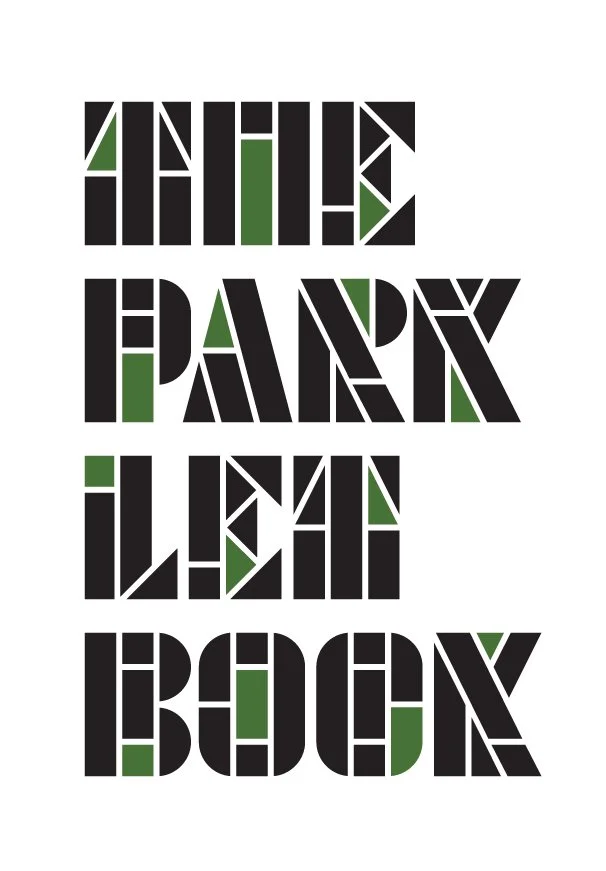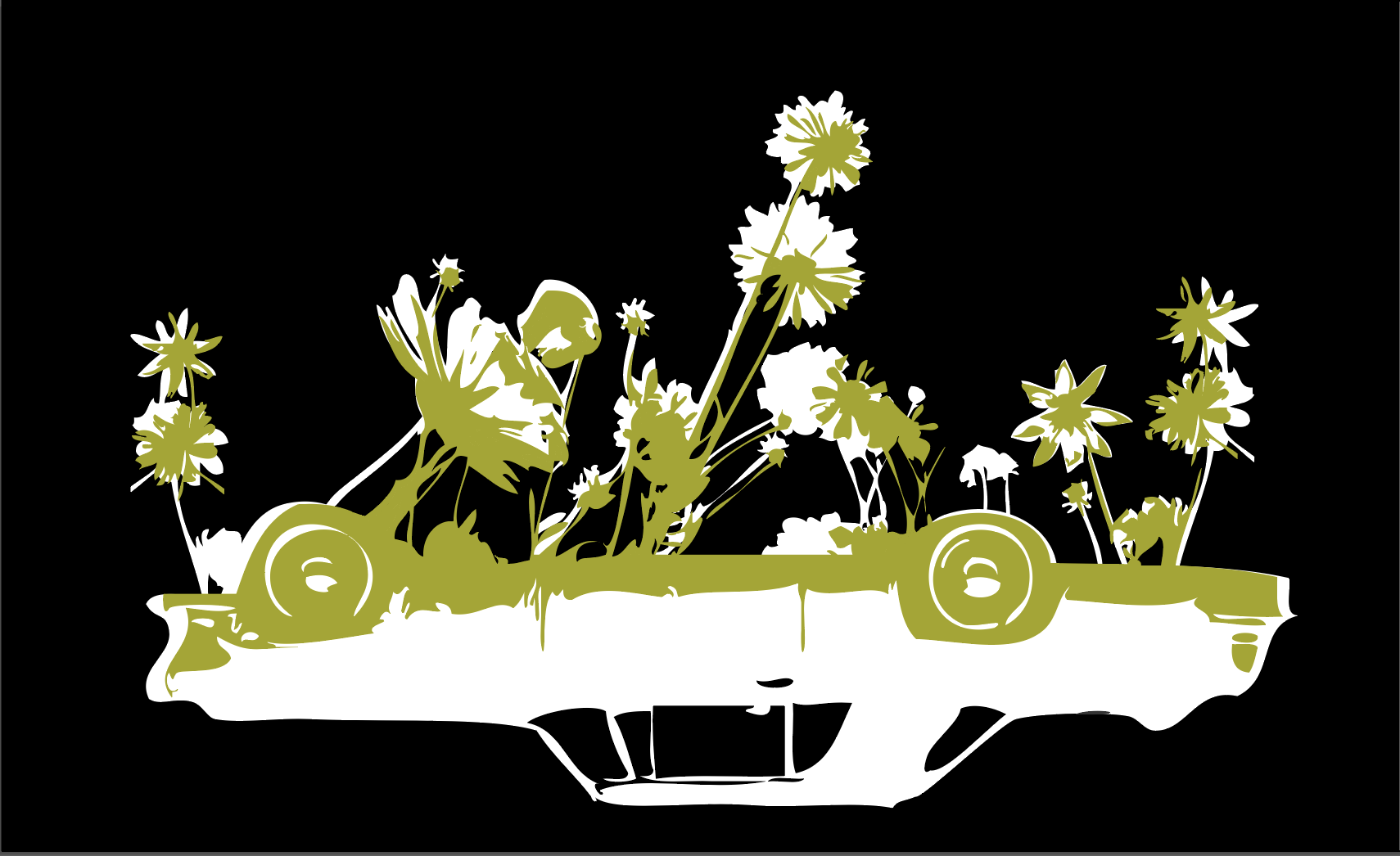Park(ing) day is a global, public, participatory project where people across the world temporarily repurpose curbside parking spaces and convert them into public parks and social spaces to advocate for safer, greener, and more equitable streets for people.
Get ready: Park(ing) Day is September 19, 2025!
Announcing the 2025 International Parklet Design Competition
2026 marks the 20-year anniversary of Park(ing) Day, the global day of reclaiming streets for people. To celebrate this milestone, we are pleased to announce the forthcoming publication of The Parklet Book: Park(ing) Day, Parklets, and the Evolution of Streets as Public Space (Island Press, by John Bela).
While Park(ing) Day sparked a movement through its playful, temporary street takeovers, this book — and this competition — focus on the next chapter of that story: parklets. These semi-permanent curb lane interventions transform parking spaces into small but powerful public places, creating room for social life, civic services, and local business.
The 2025 International Parklet Design Competition invites designers, advocates, and communities around the world to submit their best parklet projects in three categories — Best Public Parklet, Best Social Service Parklet, and Best Patio (Commercial Outdoor Dining) — for a chance to win cash prizes, gain global recognition, and be featured in The Parklet Book.
Eligibility: Submissions must feature built, real-world parklets or semi-permanent curb-lane projects. One-day Park(ing) Day installations, speculative designs, and concept drawings are not eligible.
Together, we’ll showcase how Park(ing) Day’s spirit of urban improvisation has grown into a durable public space typology that is reshaping streets worldwide.
Cover Design by Eric Heiman / Volume Inc.
Curb the Power: Micro Acts of Civil Joy is this year’s Park(ing) Day theme!
A celebration of small, joyful disruptions in the face of oversized authority. As public space becomes more regulated, surveilled, and commercialized, we’re inviting neighbors, artists, and activists to reclaim a patch of curb and reimagine it as a site of resistance—not through confrontation, but through creativity. Whether it’s a free library, a pop-up tea salon, a quiet garden, or a radical nap zone, each installation is a micro-act of civil joy: public, participatory, and beautifully disobedient. Let’s remind each other that not all power wears a uniform—and that delight, too, can be a form of protest.
Add your project to the map above.
We encourage you to take part. See the How to Manual here for tips on how to get started. Once you’ve planned your Park(ing) Day installation, tag us @parkingday #parkingday2024 #reclaimthestreets
Access our Participant’s Care Package and kindly consider making a donation to support our ongoing efforts!
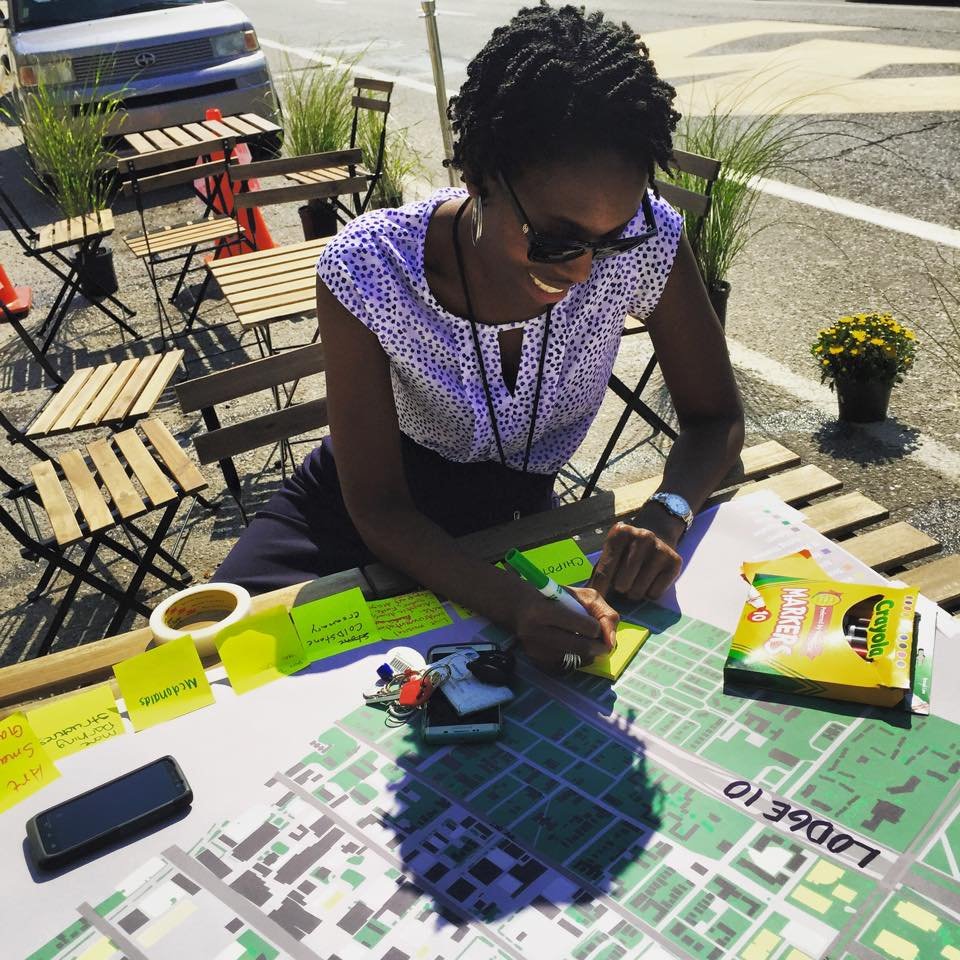
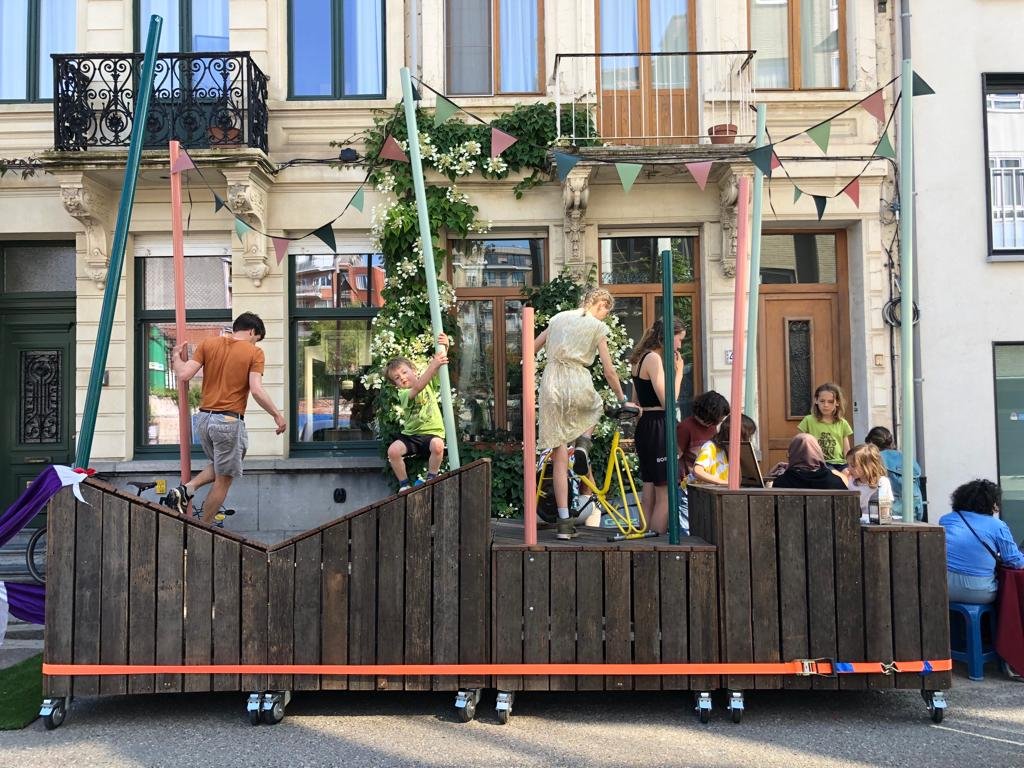

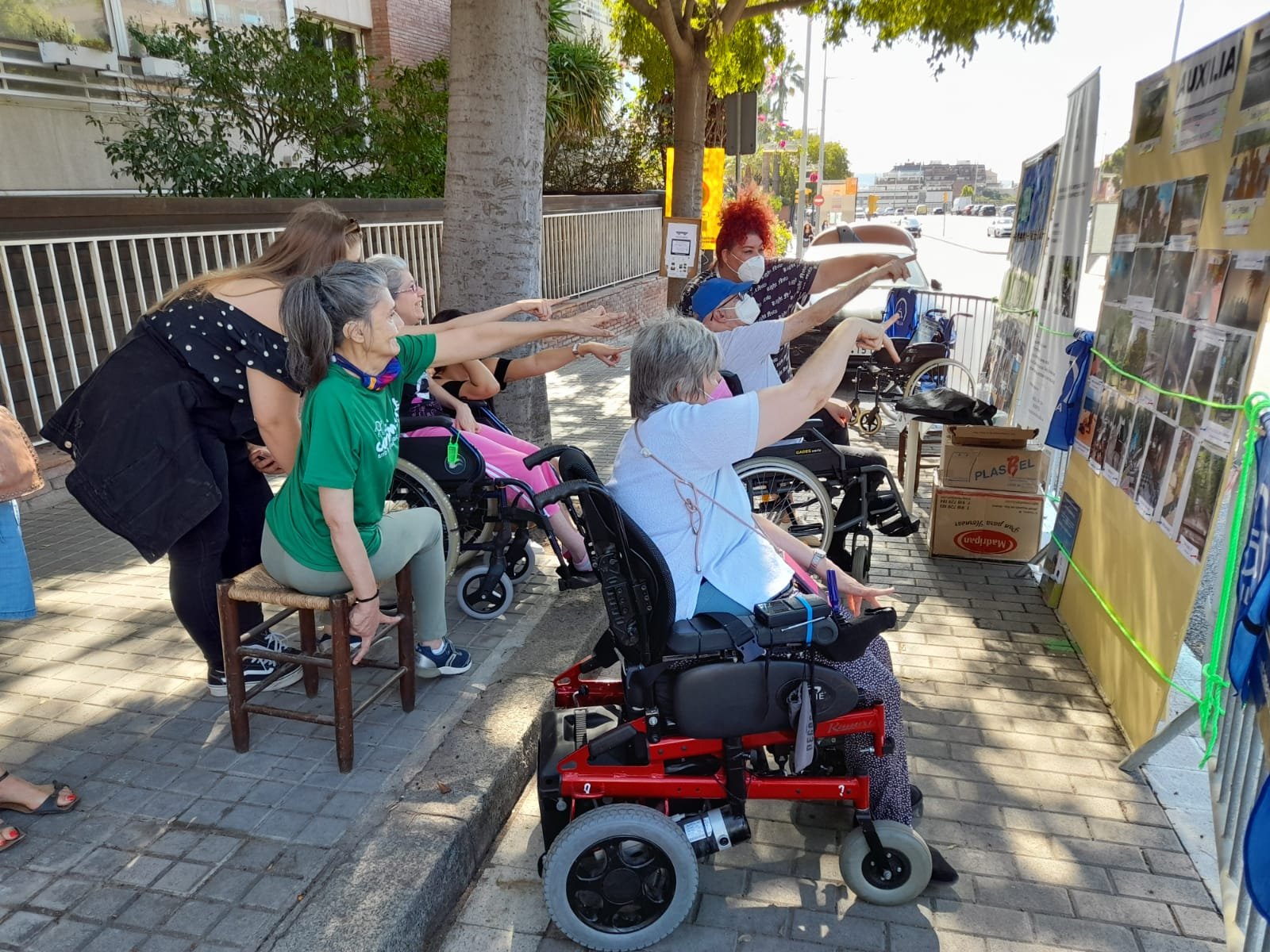


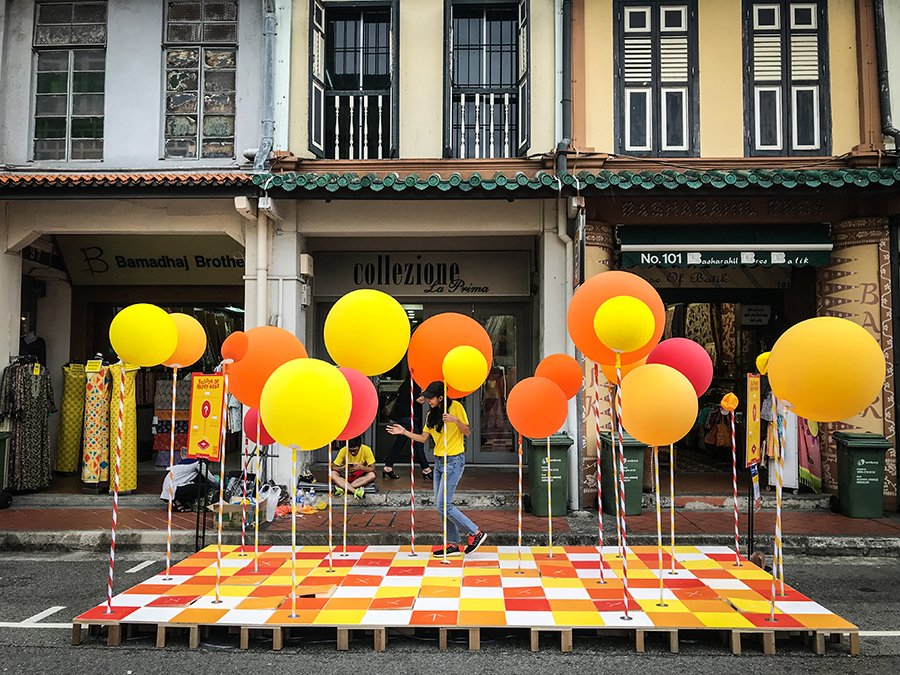
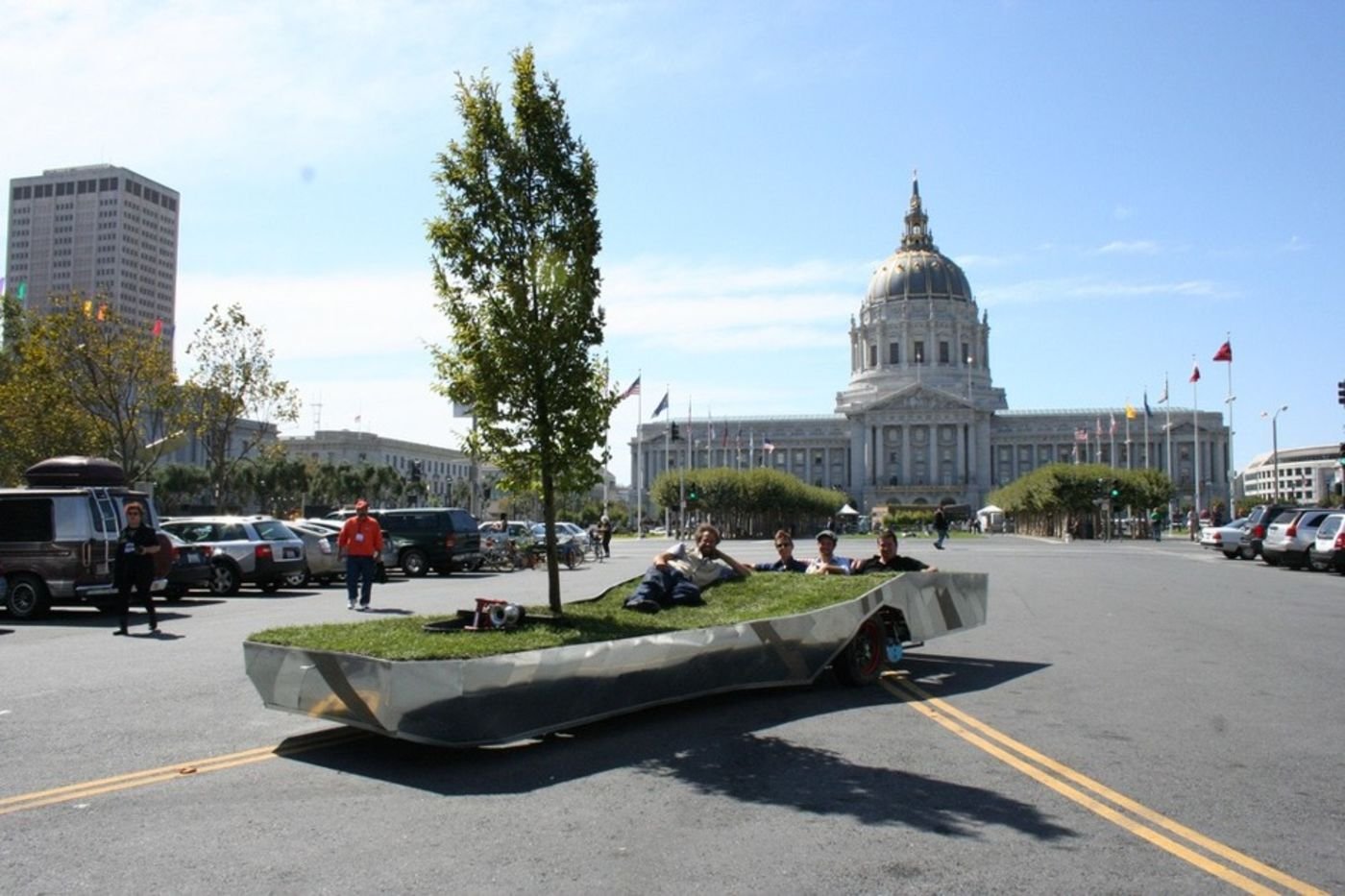
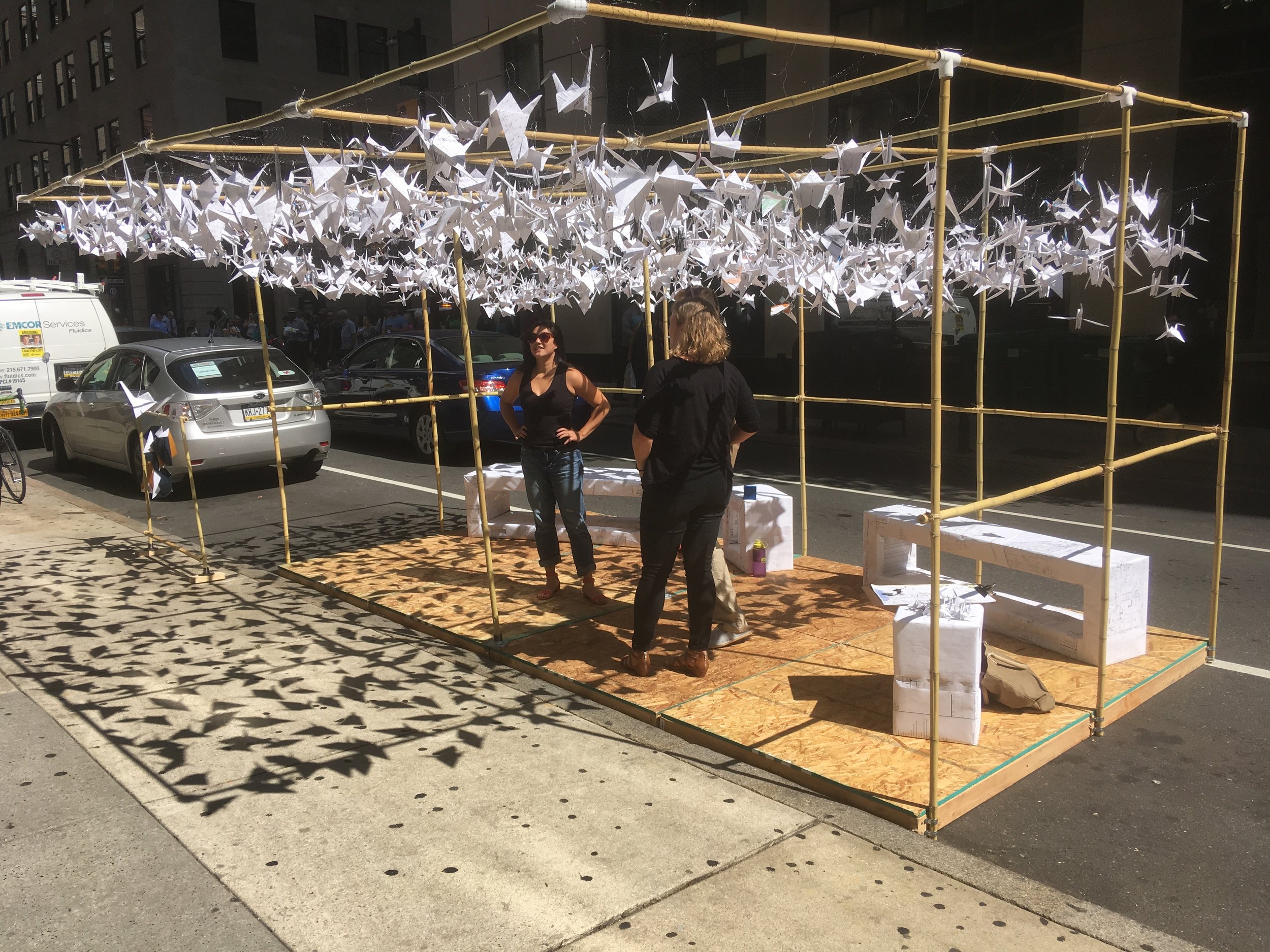
Why Park(ing) Day?
In 2005 the Rebar design team equipped with 200 square feet of lawn, a 15–foot–tall tree, a rented park bench and the desire to exploit the metered parking space as a site for art, activism and cultural expression, created the first Park(ing) Day.
Park(ing) Day is a unique and exciting opportunity to engage in the ongoing dialog around how our cities are designed and built. It began as a guerrilla art project and act of design activism in a single parking space, and has grown into a global movement, inspiring the creation of “parklets” and COVID-era “streeteries” in cities across the United States and beyond.
Creators
John Bela, Matthew Passmore, Blaine Merker, Teresa Aguilera (Rebar Group), with Andrea Scher, Gregory Kellett, and Brady Moss.
Collaborators
ASLA, Spin, Parkade, SuperWorks, Parking Reform Network and to the thousands of people that have participated in Park(ing) Day over the last 17+ years. Thank you!
Allies
This list is on ongoing work in progress, please email us with updates: hello@myparkingday.org
Original Park(ing) Day logo by Maki Kawaguchi.
“We have expensive housing for people and free parking for cars. We have our priorities the wrong way around (…) We are killing our cities.”
— Donald Shoup.

